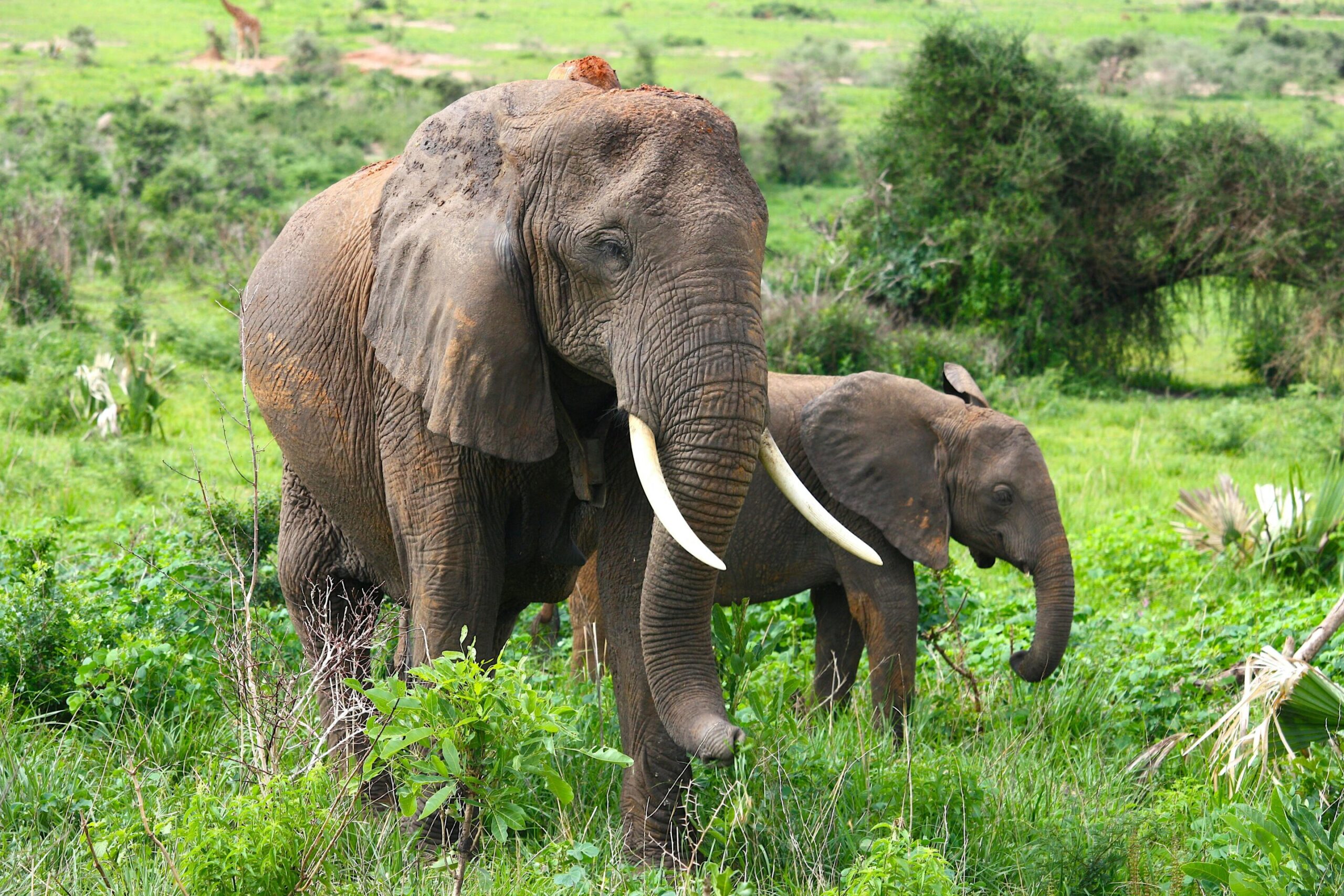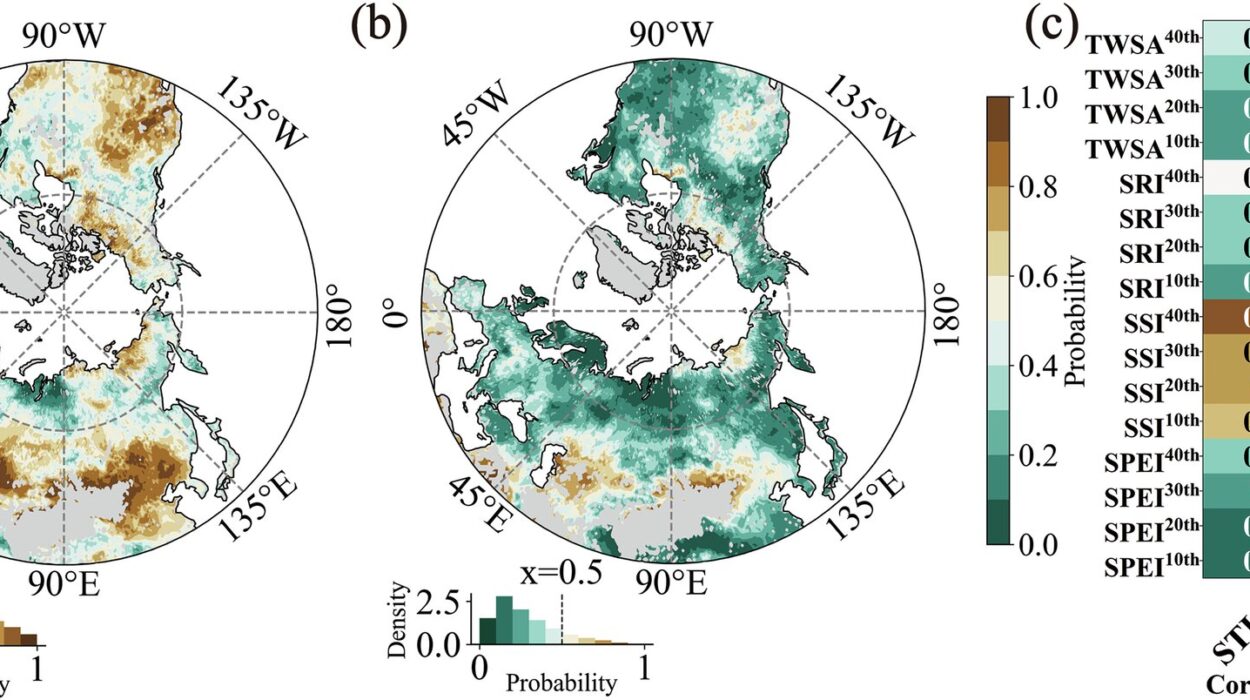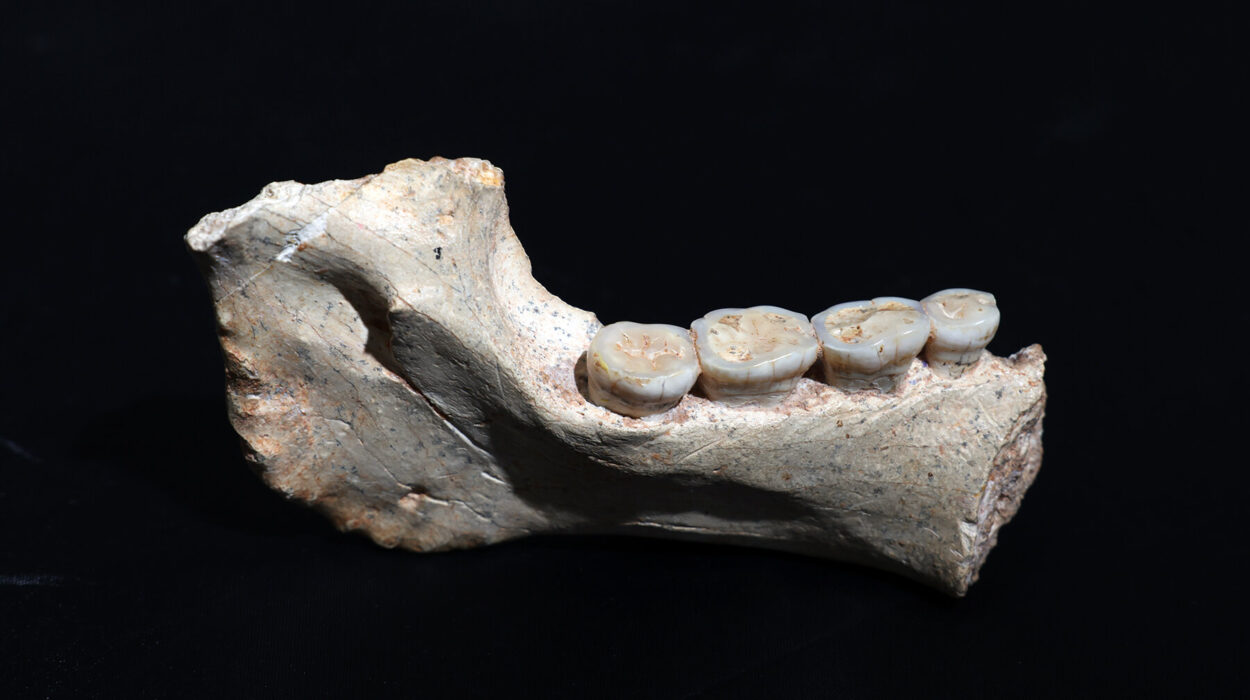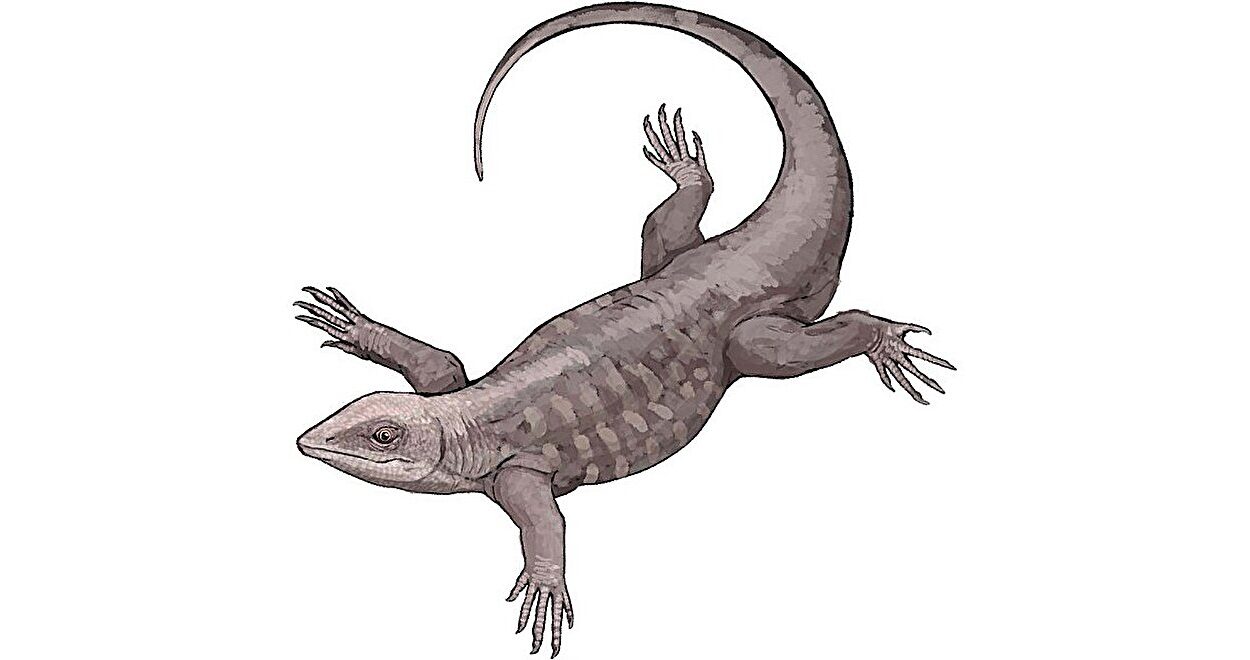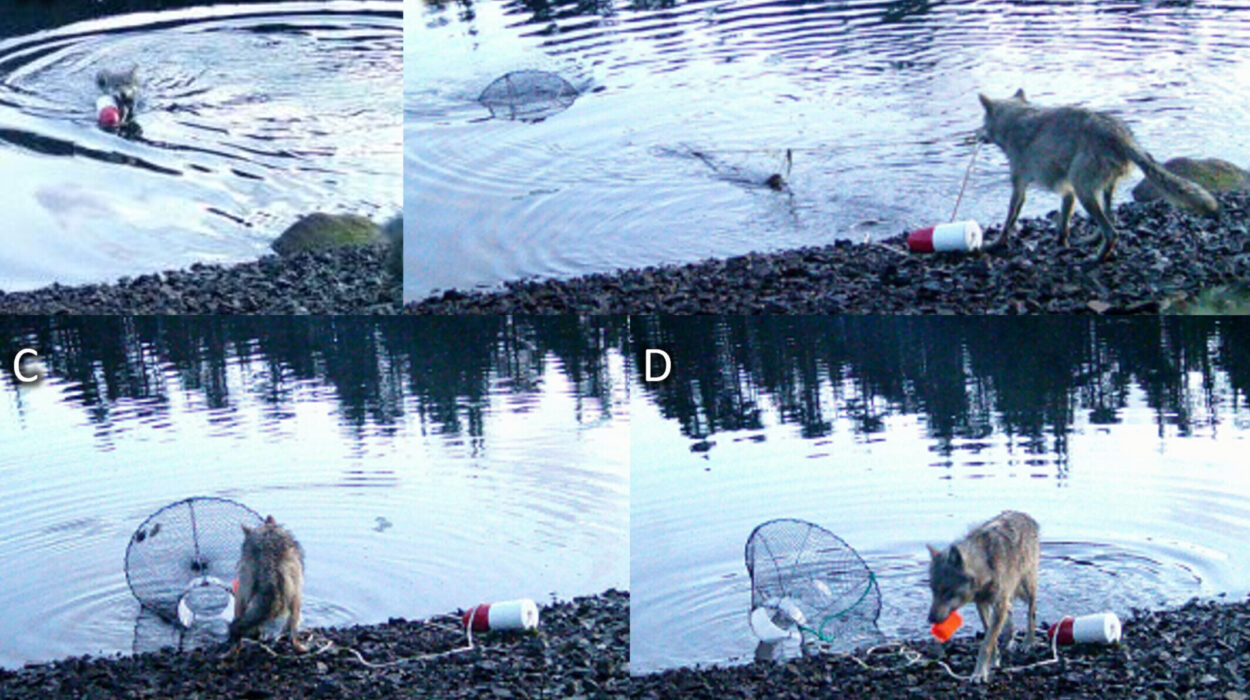Elephants, long admired for their remarkable intelligence, social complexity, and deep family structures, face a growing threat from human disturbance that jeopardizes their survival. A recent groundbreaking study led by the University of Portsmouth has revealed a startling consequence of human interference: the loss of experienced elephants, particularly matriarchs, disrupts the vital knowledge transfer between generations, putting the entire fabric of elephant societies at risk. The research, published in Philosophical Transactions of the Royal Society B: Biological Sciences, highlights how the absence of these elder elephants leads to long-term ecological and social consequences, urging a shift in the way we approach elephant conservation.
The Role of Social Learning in Elephant Societies
Elephants are not only the largest land mammals on Earth but also some of the most socially and emotionally intelligent creatures, with intricate networks that span generations. These societies are built upon a foundation of knowledge passed down through time, with older elephants acting as the repository of this vital information. Through social learning, younger elephants acquire essential survival skills: how to find water, navigate the terrain, avoid predators, and handle various environmental challenges.
At the heart of these societies are the matriarchs—elderly female elephants who have accumulated a lifetime’s worth of knowledge. Their leadership is crucial for the herd’s cohesion and survival. The study underscores the importance of these matriarchs in guiding herds through migratory paths, identifying seasonal resources, and protecting younger, more vulnerable members from threats. Without them, elephant populations suffer profound disruptions in their social and behavioral structures.
When human activities—such as poaching, culling, and habitat destruction—disrupt these key individuals, the effects ripple across generations. The loss of an experienced elephant does not merely create an emotional void; it creates a vacuum of knowledge that leaves younger elephants ill-equipped to navigate their world. This social disruption threatens not only the survival of individual animals but also the stability of entire elephant populations.
The Impact of Human Disturbance on Elephant Social Networks
The University of Portsmouth’s research spans a wide range of elephant populations, from African savannah elephants to forest elephants and Asian elephants. The findings from this extensive review of 95 peer-reviewed studies demonstrate the devastating effects of human-caused disturbances on elephant social networks. Poaching and culling, in particular, have a profound impact on the cohesion of elephant herds, leading to a breakdown in social bonds that have been formed over decades.
Elephants rely heavily on the guidance of older individuals, especially in the face of environmental challenges. In areas where poaching is rampant or where herds are displaced due to habitat destruction, the loss of matriarchs can significantly impair a group’s ability to adapt and thrive. The research indicates that elephant populations that have been stripped of their elders often show signs of social instability, with younger elephants struggling to make collective decisions or respond appropriately to threats.
“Elephants are a species that deeply relies on the wisdom of their elders,” explained Dr. Lucy Bates, lead author of the study from the University of Portsmouth’s Center for Comparative and Evolutionary Psychology. “Their social structures are intricately designed to promote knowledge sharing, and when that structure is disrupted, the consequences are dire. This research shows that the loss of even a single matriarch can cascade through generations, impacting calf survival, group dynamics, and decision-making abilities.”
The Domino Effect: Reduced Fitness and Calf Survival
One of the most alarming findings of the study is how the absence of elder elephants directly affects calf survival rates. Young elephants, without the presence of matriarchs, are more vulnerable to predation and environmental stressors. The experience of older elephants is critical in guiding the herd to safe grazing areas, water sources, and even during droughts when survival strategies are crucial.
Additionally, in the absence of matriarchal leadership, elephant herds are often less cohesive. This lack of cohesion can lead to erratic behavior and confusion within the herd, making them more susceptible to predators. Social disarray among the group can also result in poor maternal care, with younger elephants struggling to learn essential social behaviors. The longer the disruption to social bonds, the more entrenched these negative effects become, leading to a long-term decline in the population’s overall fitness.
Furthermore, the breakdown of social structure leads to less effective decision-making. Elephants are known for their cooperative nature, making joint decisions about when and where to travel and how to respond to external threats. Without the guidance of older, wiser elephants, these decisions become less coordinated, increasing the likelihood of poor outcomes for the herd.
The Cultural Dimension of Elephant Conservation
Dr. Bates and her team argue that traditional conservation efforts, which focus primarily on protecting physical habitats, must evolve to address the social and cultural aspects of elephant populations. “Conserving elephant habitats is crucial,” Dr. Bates acknowledged, “but it’s equally important to recognize that protecting the social cohesion of elephant groups is key to their survival. The loss of an elder elephant is akin to losing a library in human terms—it’s not just the loss of an individual, but of the collective wisdom of the species.”
The research suggests several actionable strategies to protect elephant societies and ensure their long-term survival. One of the key recommendations is the protection of matriarchs and other experienced individuals, as their knowledge is irreplaceable. Conservationists are urged to prioritize the safeguarding of these vital individuals, as they are the keepers of the social knowledge that binds elephant herds together.
Moreover, the study calls for more research into the social dynamics of forest and Asian elephants, which have been less studied than their African counterparts. The knowledge gaps in these populations are significant, and understanding their unique social structures is essential for creating effective conservation strategies.
Integrating Social Dynamics into Conservation Strategies
The study advocates for a more nuanced approach to elephant conservation that incorporates social dynamics into traditional habitat protection. This includes not only safeguarding key individuals but also carefully considering the impacts of translocations—the relocation of elephants from one area to another. Translocation can disrupt established social networks and should be approached with caution. It is vital to monitor both the source and destination populations to understand the full impact on social cohesion.
The research also calls for the expansion of conservation efforts beyond African savannah elephants. Forest elephants, which are often found in smaller, more isolated populations, face unique challenges that may require different strategies. Likewise, Asian elephants, which live in close proximity to human populations, are increasingly impacted by habitat loss and human-wildlife conflict. Understanding these species’ unique social structures and their vulnerability to disruption is essential for ensuring their protection.
A Call for Action: Protecting Elephant Societies
The loss of matriarchs and the disruption of elephant social structures are not merely academic concerns—they have real-world implications for elephant survival and the ecological balance of the environments they inhabit. Elephants play an essential role in their ecosystems by shaping landscapes, dispersing seeds, and maintaining the health of forests and savannas. If their societies continue to fracture, the effects will ripple through entire ecosystems, ultimately affecting many other species that rely on similar habitats.
Graeme Shannon, co-corresponding author of the study and researcher at Bangor University, emphasized the importance of a holistic approach to conservation. “This research offers a fresh perspective on why elephant conservation must go beyond simply counting individuals,” Shannon said. “While protecting habitats is vital, we must also recognize that the social and cultural dynamics of elephant herds are integral to their survival. Understanding and preserving these dynamics is not just an option—it is a necessity.”
Conclusion: The Urgency of Preserving Elephant Societies
As the study highlights, the conservation of elephants in a rapidly changing world requires a comprehensive understanding of their social structures. Human activities, particularly poaching and habitat destruction, are not only threatening elephant populations on a physical level but are also undermining the complex social systems that have allowed these animals to thrive for millennia.
The research underscores the importance of safeguarding the social cohesion of elephant herds, which is as critical as protecting their habitats. Only by addressing both the environmental and social needs of elephants can we hope to secure their future on this planet. As the world’s largest land mammals, elephants play a pivotal role in shaping ecosystems. By ensuring their survival, we preserve the intricate web of life they help support—one that includes not just elephants, but countless other species, including humans. The time to act is now, before the ripple effects of disruption become irreversible.
Reference: Lucy Bates et al, Knowledge transmission, culture and the consequences of social disruption in wild elephants, Philosophical Transactions of the Royal Society B: Biological Sciences (2025). DOI: 10.1098/rstb.2024.0132
